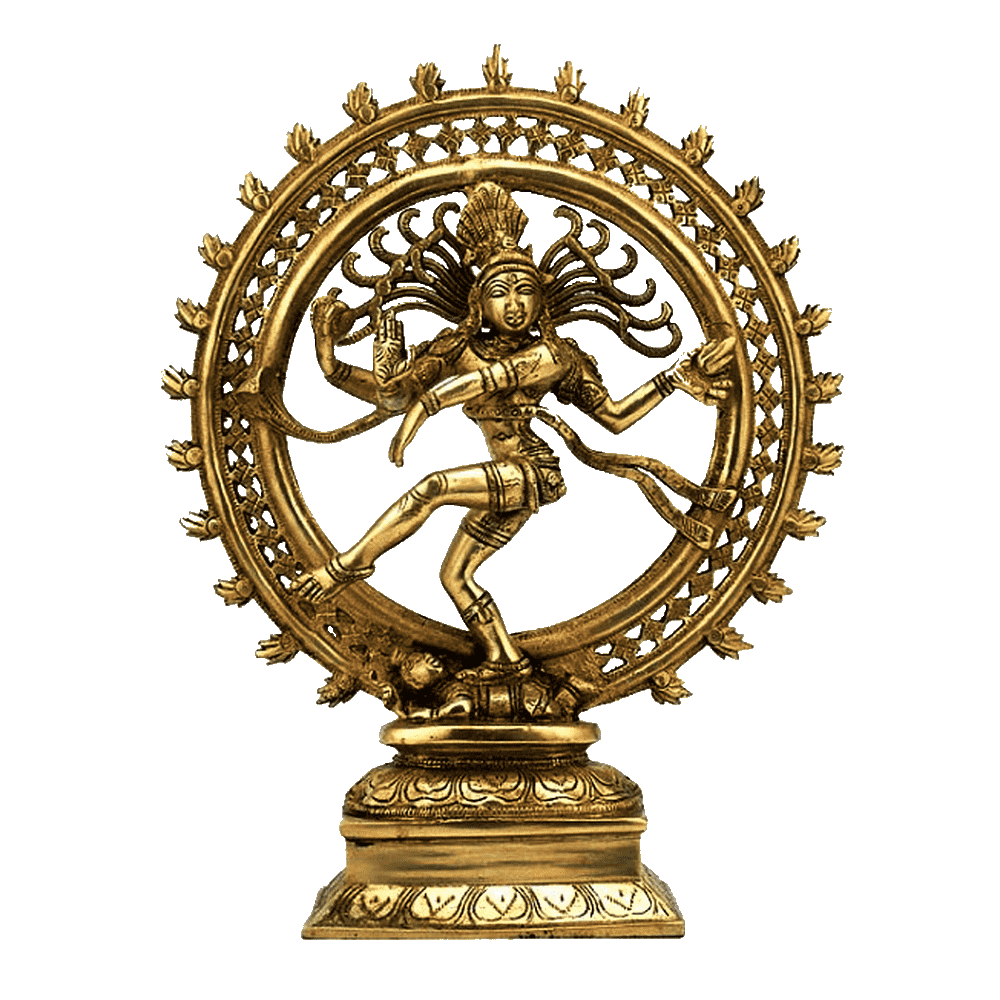
Kāmadhenu Tantra
Embracing Prosperity and Spiritual Fulfillment through the Worship of the Divine Cow Kāmadhenu
Introduction:
The Kāmadhenu Tantra holds a significant place within the Śākta – Kālī traditions of Hinduism, as it venerates the divine cow Kāmadhenu. This sacred text provides rituals, mantras, and practices to seek her blessings for prosperity and spiritual fulfillment. Kāmadhenu is revered as the wish-fulfilling cow, representing abundance, nourishment, and spiritual auspiciousness.
The Sacred Cow Kāmadhenu:
Kāmadhenu is a divine celestial cow who emerged from the cosmic ocean during the churning of the milky ocean by the gods and demons. She is regarded as the mother of all cows and is believed to have the power to grant wishes and bring prosperity and fulfillment to her devotees.
Rituals to Invoke Kāmadhenu’s Grace:
The Kāmadhenu Tantra details rituals and ceremonies to invoke Kāmadhenu’s grace and blessings. Devotees offer prayers, perform elaborate homas (sacred fire rituals), and engage in acts of selfless service to honor the divine cow and seek her abundant blessings.
Mantras to Attain Fulfillment:
The Tantra provides sacred mantras that resonate with the energies of Kāmadhenu. Devotees chant these mantras with sincerity and devotion to connect with the divine essence of the celestial cow and invoke her blessings for material and spiritual prosperity.
Wish Fulfillment and Abundance:
Kāmadhenu is known as the wish-fulfilling cow, and her worship is believed to bring fulfillment of desires and abundance in all aspects of life. Devotees seek her blessings for prosperity, wealth, good health, and success in various endeavors.
Spiritual Fulfillment through Kāmadhenu’s Grace:
The Kāmadhenu Tantra emphasizes that seeking prosperity goes hand in hand with spiritual fulfillment. Devotees understand that material abundance alone cannot bring lasting contentment; hence, they seek Kāmadhenu’s grace for spiritual growth and inner fulfillment.
Embracing the Virtues of the Cow:
Kāmadhenu is revered for her virtues of selflessness, nourishment, and providing sustenance to all. Her worship inspires devotees to cultivate these virtues in their lives, promoting compassion, kindness, and generosity towards all living beings.
Symbolism of the Divine Cow:
Kāmadhenu’s divine cow symbolism represents the boundless nurturing energy of the universe, often equated with the nourishing and motherly qualities of the divine feminine. By connecting with her, seekers tap into the nurturing and protective energies of the cosmic mother.
Gaining Spiritual Auspiciousness:
The Tantra guides devotees on how to seek spiritual auspiciousness through the worship of Kāmadhenu. By honoring the divine cow with devotion and gratitude, seekers create a sacred space for spiritual growth and the attainment of divine blessings.
Harmony with Nature:
Kāmadhenu’s worship fosters a deep sense of connection with nature and all living beings. Devotees understand the interconnectedness of all life forms and embrace a harmonious relationship with the environment and fellow beings.
Conclusion:
The Kāmadhenu Tantra stands as a revered scripture, offering insights into the worship of the divine cow Kāmadhenu. By following the rituals, mantras, and practices provided in the Tantra, devotees seek her blessings for prosperity and spiritual fulfillment. As seekers embrace the nurturing and wish-fulfilling energies of Kāmadhenu, they align themselves with the divine abundance of the universe and cultivate virtues that lead to spiritual auspiciousness and inner growth. Kāmadhenu’s worship serves as a source of inspiration for seekers to embrace the harmonious rhythm of life and seek fulfillment in both material prosperity and spiritual evolution.
Editor – Kaalchakra Team
[ Note – Before Concluding anything as a Finale, Please Go through Original Scriptures of Vaidik Literature Written in Sanskrit and Also with Meaning of That time of Language. Because English is a Limited language to Explaining the Deeper Knowledge of Vaidik Kaal. ]
